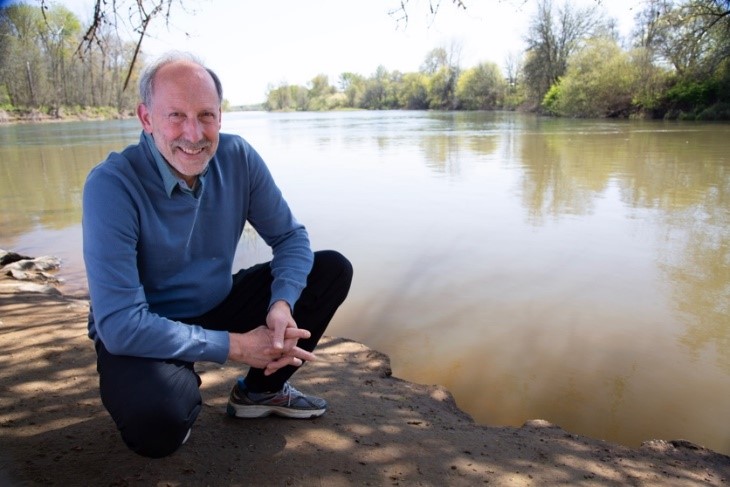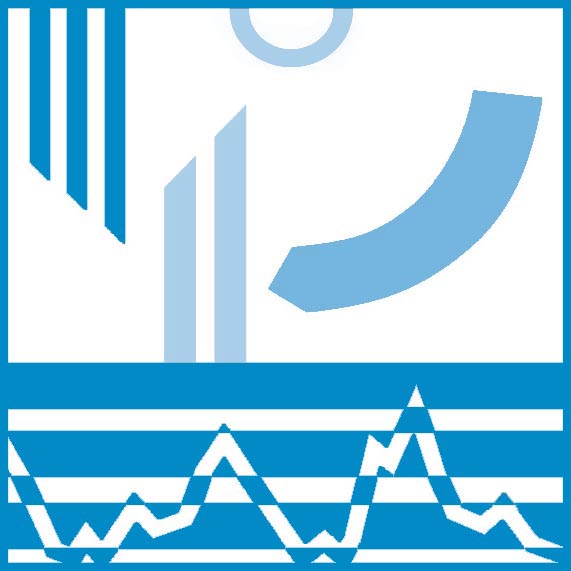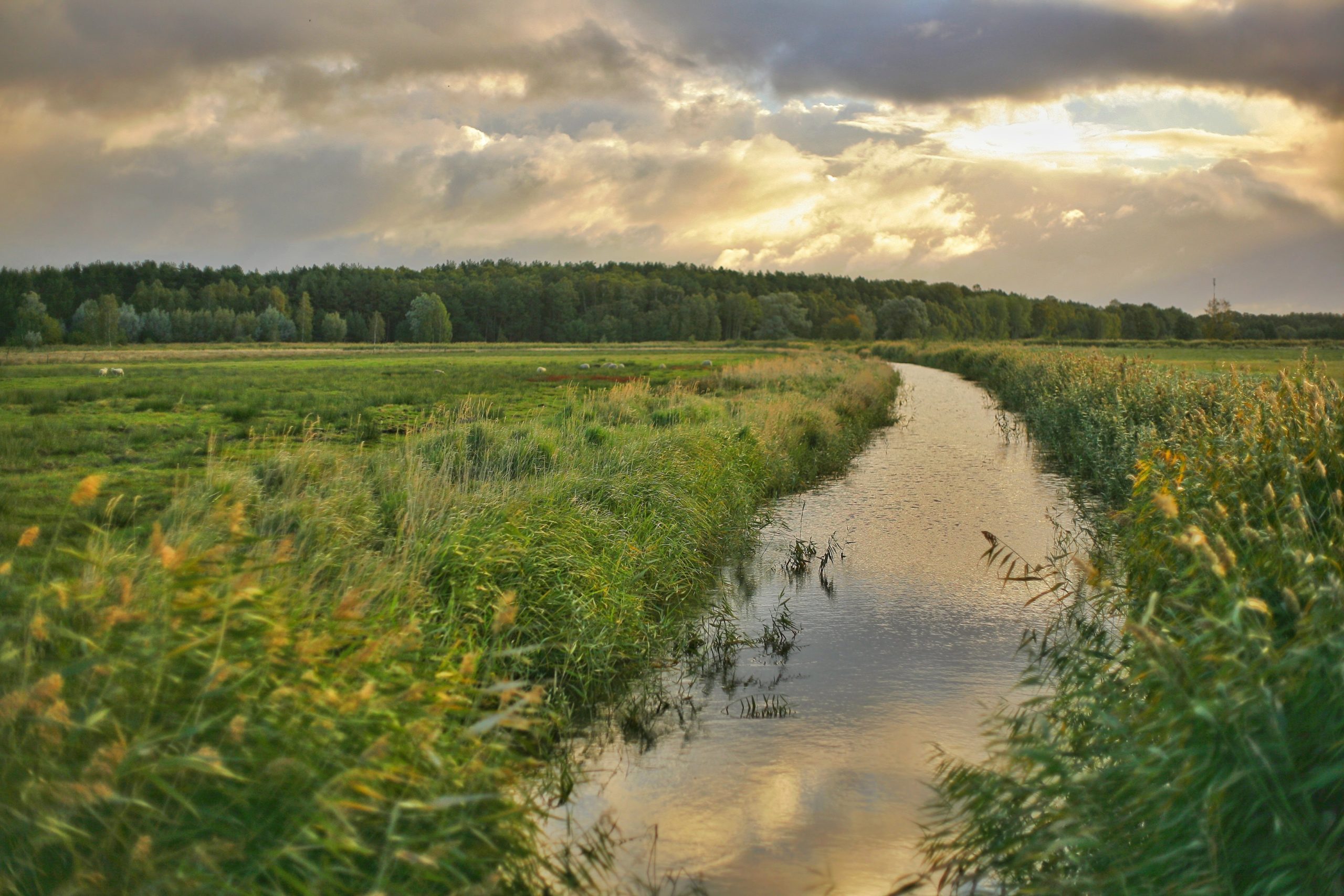
16. November 2023, 16 ct – 18 Uhr
Hörsaal Fahnenbergplatz, Friedrichstr. 39
Prof. John Selker
Oregon State University, USA
Moving a discipline forward: Education, Measurement and Modelling of Hydrological Systems
Recent technologies should transform environmental sensing: Sharable digital files can readily become physical objects (through 3D printing); low-cost sensor technologies are ever more accurate and less expensive; wireless communication has become ubiquitous and capable; and there is a growing community of researchers who seek to apply these capacities to advance scientific observations.
Synergistically, many undergraduates are coming to college to take part in making the world more resilient to climate change and reversing degraded ecologies. Yet stubborn barriers persist.
The Openly Published Environmental Sensing Lab (OPEnS, founded in 2016) is a jointly USDA and NSF-EAR/IF funded initiative where 30-40 undergraduate engineering students help researchers expand capabilities of instrumentation. Mentoring and guidance is intensive: Weekly groups of 2-5 students meet with one member of the 4-member lab leadership team for in-depth check-ins.
From this accountable environment grew best practices and collaborative problem solving. We will present OPEnS projects span challenges presented by the USA, Africa, and Europe. OPEnS provides a prototyping for undergraduate engineering based on collaboration spanning agricultural, ecological, and geoscience researchers to create transformational advances in instrumentation. Most of the undergraduate students in the lab go on to be authors (many first authors) on scientific presentations, papers, and even undergraduate-led patent applications.
While aiming to address environmental sensing needs, the greatest impacts of OPEnS has been on student experience. How can essential instrumentation development bring a broader community of students to our work? We invite global collaboration to grow the tools of environmental observation and effective hands-on education.
Veranstaltet von den Professuren für
Hydrologie, Umweltmeteorologie, Bodenökologie und Umwelthydrosysteme, Fakultät für Umwelt und natürliche Ressourcen der Universität Freiburg


Comments are closed